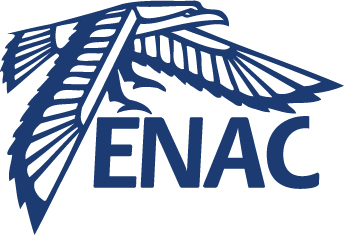Ionospheric code delay estimation in a single frequency case for Civil Aviation
Résumé
Ionosphere is a dispersive medium that can strongly affect GPS and GALILEO signals. Ionospheric delay affecting the GPS and GALILEO pseudorange measurements is the larger source of ranging error, if left uncorrected. In addition, this perturbation is difficult to model and thus difficult to predict. A multi-frequency receiver can identify and correct errors induced by the ionosphere, as in the nominal case, two frequencies are sufficient to determine precisely the ionospheric delay. However, if affected by radio frequency interference, a receiver can lose one or more frequencies leading to the use of only one frequency to estimate ionospheric code delay. Therefore, it is felt by the authors as an important task to investigate techniques aimed at sustaining multi-frequency performance when a multiconstellation receiver installed in an aircraft is suddenly affected by radiofrequency interference, during critical phases of flight. The case of a loss of all but one frequency is studied in [Shau-Shiun Jan, 2003]. In this case, the usual code-carrier divergence technique is analyzed, consisting in computing the difference between the signal code and the carrier phase measurements. This difference is twice the ionospheric delay plus ambiguity plus errors, from which the ionospheric delay can be extracted. If a cycle slip occurs, the integer ambiguity appearing as a constant offset in the code-carrier difference causes this technique not to be valid. In the case of a single frequency receiver, a Kalman filter can be used to determine if a cycle slip occurs, introducing ambiguities of all satellites in view in the state vector as mentioned in [Lestarquit, 1995]. This Kalman filter can be initialized in the dual frequency mode, and left running when only one frequency is left. The aim of this paper is first to propose a method for single frequency ionospheric delay estimation after the loss of multiple frequency tracking, and also to analyse the performance of this method with regards to the civil aviation requirements. The proposed technique includes the detection of cycle slips.
Origine : Accord explicite pour ce dépôt
Loading...
